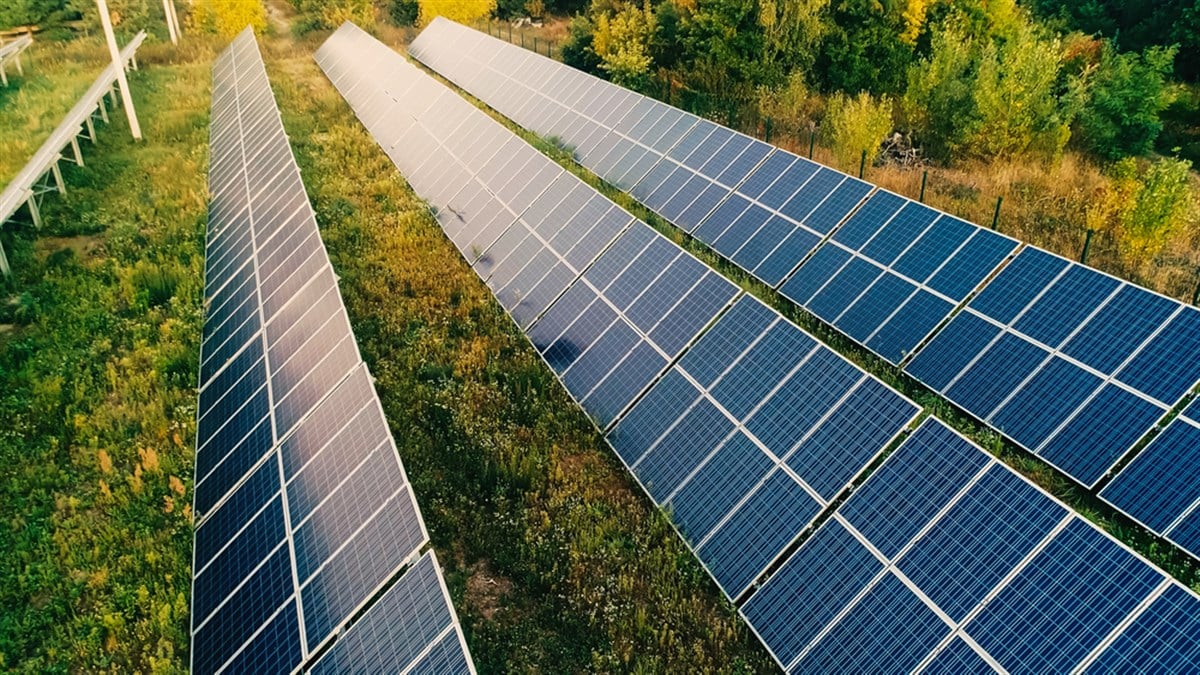
While the clean energy theme has been reignited by the AI boom driving data centers to embark on nuclear energy, solar energy stocks have been taken to the woodshed. Despite favorable long-term growth prospects, the weakness in the industry can be attributed to a number of factors, including high interest rates, inflation pressures on the cost of components, government policy uncertainty, and inventory glut. The Inflation Reduction Act (IRA) supports the expected double renewable energy capacity growth in the United States from 2024 to 2030. The cost of solar energy has fallen significantly, making it a viable energy source. For bullish investors and believers in solar energy, here are two best-of-breed solar stocks in the oils/energy sector that are still trading in the bargain bin.
First Solar: The Best of Breed Thin Film Solar Panel Provider
As a pioneer in thin film Cadmium Telluride (CdTe) photovoltaic (PV) technology, First Solar Inc. (NASDAQ: FSLR) has demonstrated its superior scalability, higher theoretical efficient limit and lower cost advantages over crystalline silicon (c-Si). The belief is that a Democratic winner of the Presidential Election is more favorable for clean energy stocks, notably solar. First Solar should thrive in either case due to its robust backlog of 75.9 GW through 2030. Falling interest rates are a boon, enabling more investment in utility-scale and residential-scale solar projects.
A True Vertically Integrated U.S. Solar Company
First Solar has complete control over its manufacturing process as they are the largest solar panel manufacturer in the United States. Its Ohio facility has an operation total U.S. capacity of 7.1 GW. Its Alabama manufacturing facility has a 10.6 GW total capacity. Its Louisiana Manufacturing facility, expected to go online in the second half of 2025, has a total expected U.S. capacity of 14.1 GW. First Solar outproduces the nearest competitor by 50%. The government is also favorable on its domestic production and supply chain as it works to prevent dumping by Chinese solar panel manufacturers. Its products are mostly catering to utility-scale projects. The company has a fortress balance sheet with $1.2 billion in cash and cash equivalents.
Shares are trading up 15.2% year-to-date (YTD), with its third quarter of 2024 consensus estimates calling for EPS of $3.11 on revenue of $1.072 billion.
Enphase Energy: Sinking Deeper Into the Sinkhole in Europe
Microinverter-based solar and battery systems developer Enphase Energy Inc. (NASDAQ: ENPH) stock is down 36% YTD. Enphase is a leader in the production of microinverters, which convert direct current (DC) generated in solar panels to alternating current (AC) for use in businesses and homes. Microinverters are usually attached to the back of each solar panel during installation and operate independently. They enable improved energy harvesting and optimal energy production, notably in varying sunlight conditions and instances of shade.
Shares fell nearly 15% on its third quarter of 2024 earnings report. The company reported earnings of 65 cents per share, which missed consensus estimates by 13 cents. Revenues sank 31% YoY to $381 million, missing consensus estimates by $12 million. Net income collapsed to $45.76 million, down from $113.95 million in the year-ago period. GAAP gross margin fell to 46.8% from 47.5% last year.
To make matters worse, Enphase issued downside guidance for its fourth quarter of 2024, with revenues expected between $360 million and $400 million versus $433.54 million consensus estimates. Non-GAAP gross margins are expected between 39% and 42%, excluding the net IRA benefit, and 49% to 52%, including the net IRA benefit.
Sales in the United States rose 43% sequentially due to higher distributor shipments as inventory returned to normal levels. The big problem was in Europe, where revenues fell 15% sequentially. Enphase cited softening demand for the decline in Europe.
Guggenheim Says Enphase Is Losing Market Share to the Chinese
Management cited macroeconomic conditions and lower power prices as the top and bottom-line misses. Softening demand in Europe was the main culprit, according to Enphase. However, Guggenheim doesn’t believe the excuses and points to its Chinese competitors, who sell products at less than half of what Enphase charges.
Enphase is losing market share to competitors in Europe with inferior but improving quality because they are overshooting what customers really want. Guggenheim cut its rating from Neutral to a Sell with a $73 price target, mainly due to problems in Europe.
